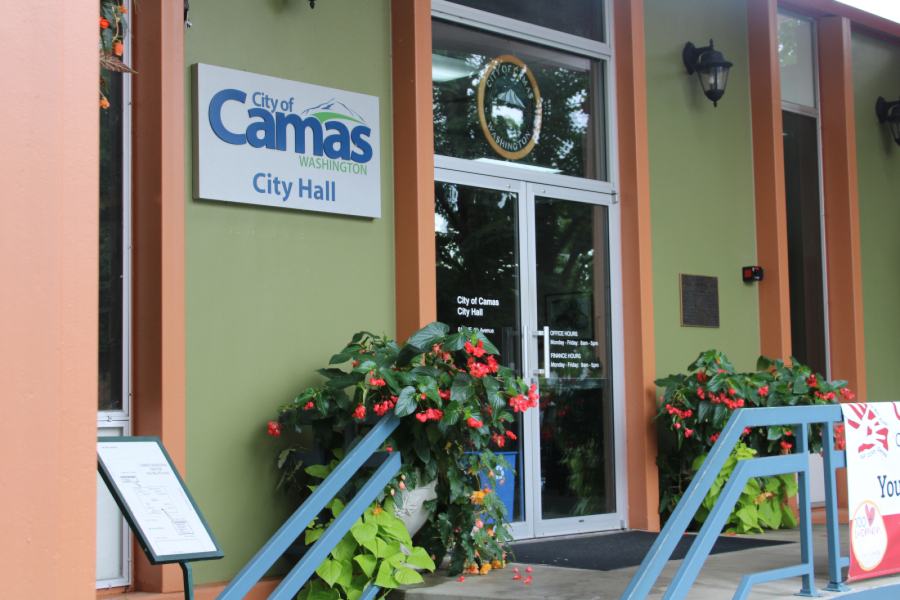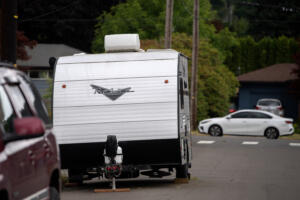The city of Camas is facing an unexpected revenue shortfall that could prevent the hiring of more than 20 positions in 2024, including eight firefighters, two police officers, two police sergeants, a parks project manager and three street maintenance positions.
“What we’re seeing in the economy is that housing is not what it was a couple years ago,” Camas Finance Director Cathy Huber Nickerson told Camas City Council members Monday, Oct. 2, during a Council workshop.
As the housing market and new home construction slowed, Huber Nickerson said, so have the City’s general fund revenues.
“The number we’ll have for next year’s property taxes, which capture August 2022 to August 2023 is much lower than it has been in many years,” Huber Nickerson said.
The city relies heavily on property taxes to fund its general fund, which pays for fire, emergency medical, police, parks, streets, library and other critical services. Huber Nickerson said this means that, when the housing market cools, the city’s general fund also suffers.




